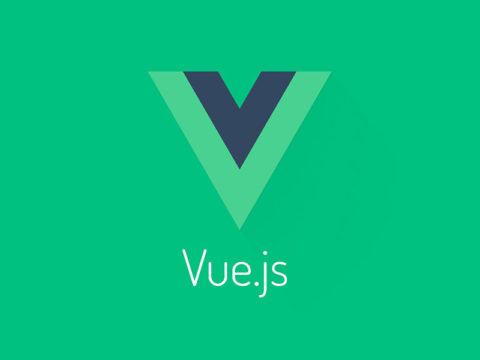
“Next-generation coding” is a broad term that can refer to several emerging trends and technologies in the field of software development. Here are a few key areas that are shaping the future of coding:
- Low-code/No-code Development: These platforms allow users to create applications with minimal or no coding required, using visual interfaces and pre-built components. They aim to democratize software development and empower users with varying technical backgrounds to create applications.
- AI-Assisted Development: AI technologies are being integrated into development tools to assist developers in various tasks, such as code completion, bug detection, and refactoring. These tools aim to improve productivity and code quality.
- Cloud-native Development: With the increasing adoption of cloud computing, developers are embracing cloud-native development practices. This includes building applications as a collection of loosely coupled, distributed services that can scale dynamically based on demand.
- DevOps and CI/CD: DevOps practices, which emphasize collaboration between development and operations teams, are becoming more mainstream. Continuous Integration and Continuous Deployment (CI/CD) pipelines automate the process of building, testing, and deploying software, enabling faster and more reliable releases.
- Containerization and Kubernetes: Containers, which package applications and their dependencies in a lightweight, portable format, are gaining popularity. Kubernetes, an open-source container orchestration platform, is widely used for managing containerized applications in production environments.
- Serverless Computing: Serverless computing allows developers to build and run applications without managing the underlying infrastructure. It abstracts away the need to provision and scale servers, enabling developers to focus on writing code.
- Blockchain Development: Blockchain technology, known for its use in cryptocurrencies, is being explored for various applications beyond finance, such as supply chain management, voting systems, and digital identities. Developers are learning to build decentralized applications (dApps) using blockchain platforms like Ethereum.
These trends are reshaping the way software is developed, making it more accessible, efficient, and scalable. As technology continues to evolve, developers will need to adapt and embrace new tools and methodologies to stay relevant in the field.


